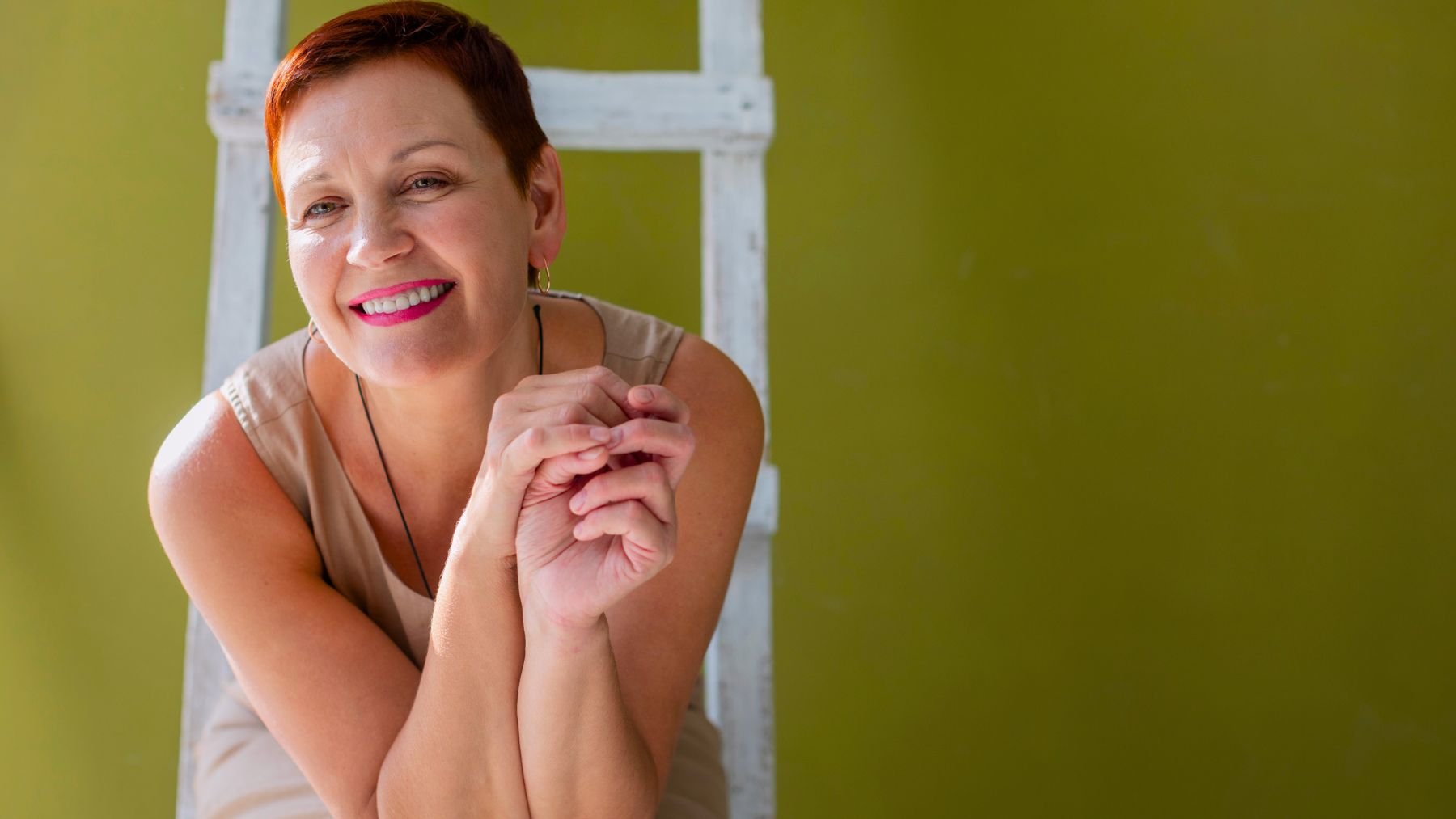You may have noticed that other people your age seem older somehow. Maybe in the way they talk, how they dress, or even just the energy they carry. You feel younger in comparison, but what does that say about you?
Psychologists say this isn’t just vanity or wishful thinking. It has a lot to do with how you see yourself, your mindset around aging, and the people you spend time with. Psychologist Leticia Martín Enjuto shared some insights to understand why this happens. Here, we’ll cover the key reasons behind this perception, including the role of anxiety, self-image, and emotional habits.
Why your peers might seem older than you
Seeing people your age as older than you isn’t always about appearances. It often comes from the way you relate to your age mentally and emotionally. That sense of being younger may reflect resilience, or it might be a defense mechanism. According to psychologist Leticia Martín Enjuto, the way we view aging plays a big role in how we feel about our age.
Attitude toward aging
If you think of aging as something negative or limiting, it can cause anxiety. That anxiety might make you feel disconnected from your actual age. You could end up seeing others as older simply because you’re pushing away thoughts of your own aging.
In some cases, people develop what’s called midorexia, a kind of refusal to accept the passage of time. They act, dress, and live in ways that align with a younger identity, reinforcing the belief that they’re not like others their age.
Fear of death
Beneath the surface, it can all tie back to a deeper fear. This perception of a lower subjective age can act as a psychological defense, a way to soften the fear of getting older, which, ultimately, is the fear of death. Feeling younger helps your brain create distance from what it sees as threatening, protecting your mental state in the process.
Being young at heart
There’s also a healthier side to this feeling: mental flexibility and curiosity. People who describe themselves as “young in spirit” often stay open to new experiences. That mindset supports a “young brain”—one that adapts, learns, and shows emotional resilience. This kind of attitude can shape your perception and, on occasion, slow down the emotional and cognitive effects of aging.
Your environment can have an impact
The people around you can also affect the way you feel about aging. If you spend time with active, engaged peers who take care of themselves, you’re more likely to associate aging with energy, not decline. On the flip side, if you’re in a group where physical or mental decline is normalized, you might feel older than you are, or start seeing others your age as prematurely aged.
Feeling younger than your peers doesn’t mean you’re in denial. Sometimes it signals confidence and emotional adaptability. But it can also reflect discomfort with aging. Either way, it’s influenced by the stories you tell yourself, your environment, and how you relate to time.

